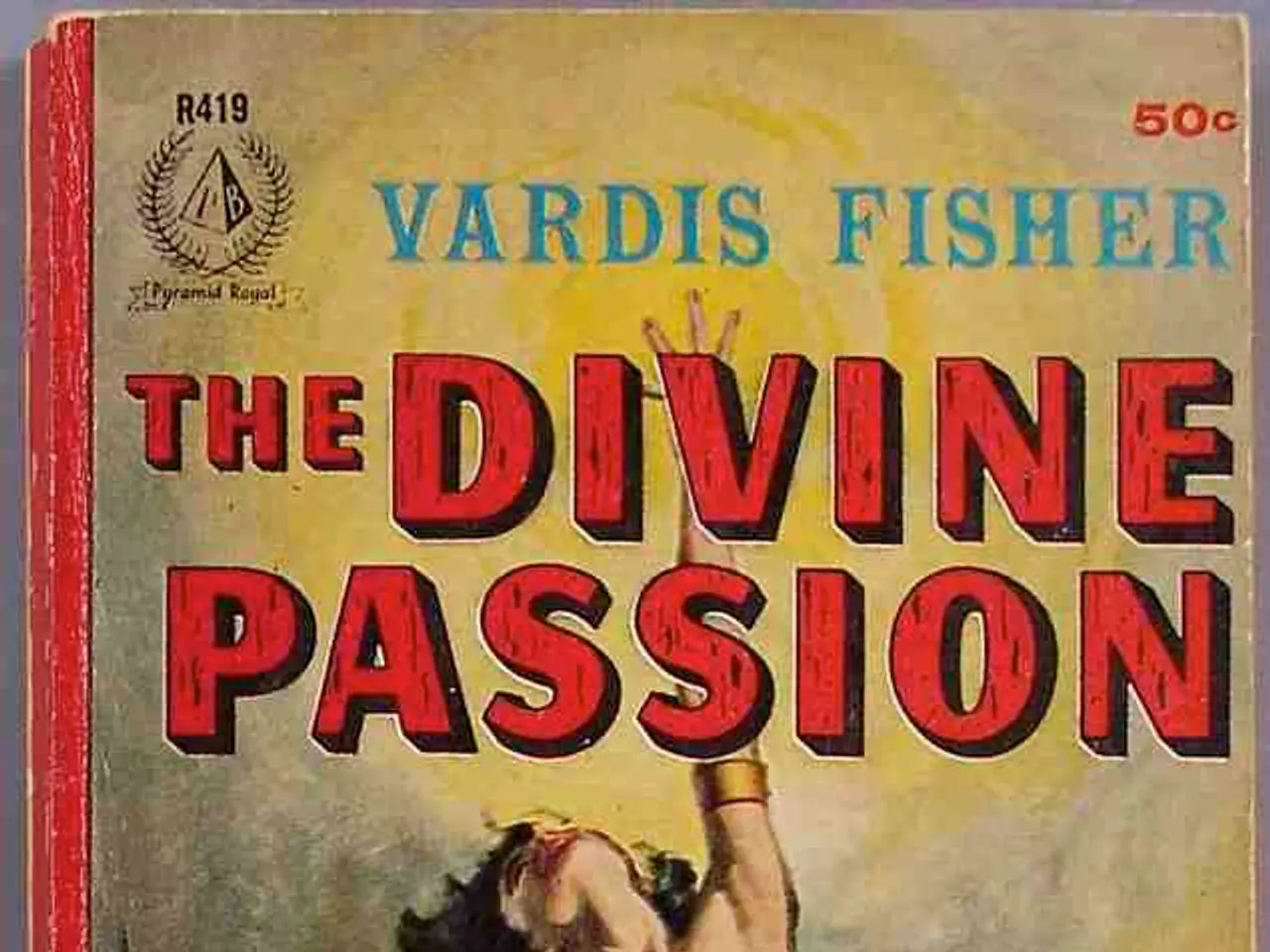Mental Health's Impact on Psychological Thrillers in India: Traditional Perceptions versus True Portrayal
Indian psychological thrillers have become a popular genre in the country's media landscape, delving into the complexities of mental health while often blending real-life psychiatric conditions with cultural myths and dramatic exaggerations.
These series portray characters who struggle with PTSD, anxiety, and emotional distress in a more realistic and sensitive way. However, they also persistently depict stereotypes that can be harmful or overly simplistic.
One common stereotype is equating mental illness with violence or danger to others, as seen with violent patients or unstable characters. For instance, the film Andhaghaaram (2025) explores themes of guilt and occult influences alongside psychological issues, blurring the lines between real psychiatric practice and supernatural elements. Similarly, the classic Manichitrathazhu (1993) mixes folklore possession with dissociative identity disorder.
Another stereotype is linking mental disorders to supernatural possession or occult phenomena, which oversimplifies and mystifies psychiatric conditions. This oversimplification can be seen in films like Andhaghaaram and Manichitrathazhu.
Depicting mentally ill characters primarily as mad, evil, or victims of fate rather than humanizing their experiences or showing recovery is another persistent stereotype. However, films like Kriti (2025) offer a more nuanced view, addressing the lack of mental health awareness and challenging stereotypical victim portrayals.
In Kriti, the portrayal focuses on the consequences of undiagnosed mental illness, highlighting societal neglect and stigma but also showing how creativity can overlap with mental disorders. Yet, it also suggests the danger posed to others, which can reinforce fears about the unpredictability of mental illness.
The "mad woman" trope is a particularly problematic stereotype in Indian psychological thrillers, where female characters are portrayed as mentally unstable, irrational, and overly emotional. This trope is seen in various Indian web series and films, reinforcing harmful stereotypes about women and mental health.
However, recent years have seen Indian psychological thrillers moving away from simplistic and harmful stereotypes, focusing on creating multi-dimensional characters with realistic portrayals of mental health. Mental health struggles in these shows are shown as often caused by external circumstances rather than an individual's inherent flaw.
Indian psychological thrillers have the potential to promote mental health awareness and inspire viewers to seek help, educate themselves about mental health, and become more supportive of those experiencing mental health challenges. Shows like Little Things and Inside Edge openly discuss mental health struggles, normalizing conversations around mental health.
Moreover, many Indian psychological thrillers are exploring the long-term impact of trauma on individuals, such as Paatal Lok and Tanaav. These shows help break the stigma surrounding mental health in Indian society, encouraging viewers to think more critically about mental health challenges.
As the genre continues to evolve, it is crucial for writers and directors to consult mental health professionals to ensure that their portrayals are grounded in reality and avoid reinforcing harmful stereotypes. By doing so, Indian psychological thrillers can foster a better understanding of mental health and contribute positively to the ongoing conversation about mental health in India.
- Animation could introduce action-packed thrillers that sensitively incorporate science-based explanations of mental health, overcoming simplistic stereotypes and fostering a comprehensive grasp of these conditions.
- Future health-and-wellness initiatives could incorporate thrilling educational content, intertwining psychological thrillers with real-life mental health stories to captivate audiences and stimulate discussions about mental health.
- In the realm of mental health advocacy, thriller-style documentaries could delve into the world of psychiatry, exploring the mysteries and challenges within the field, ultimately contributing to public understanding and reduction of associated stigma.




